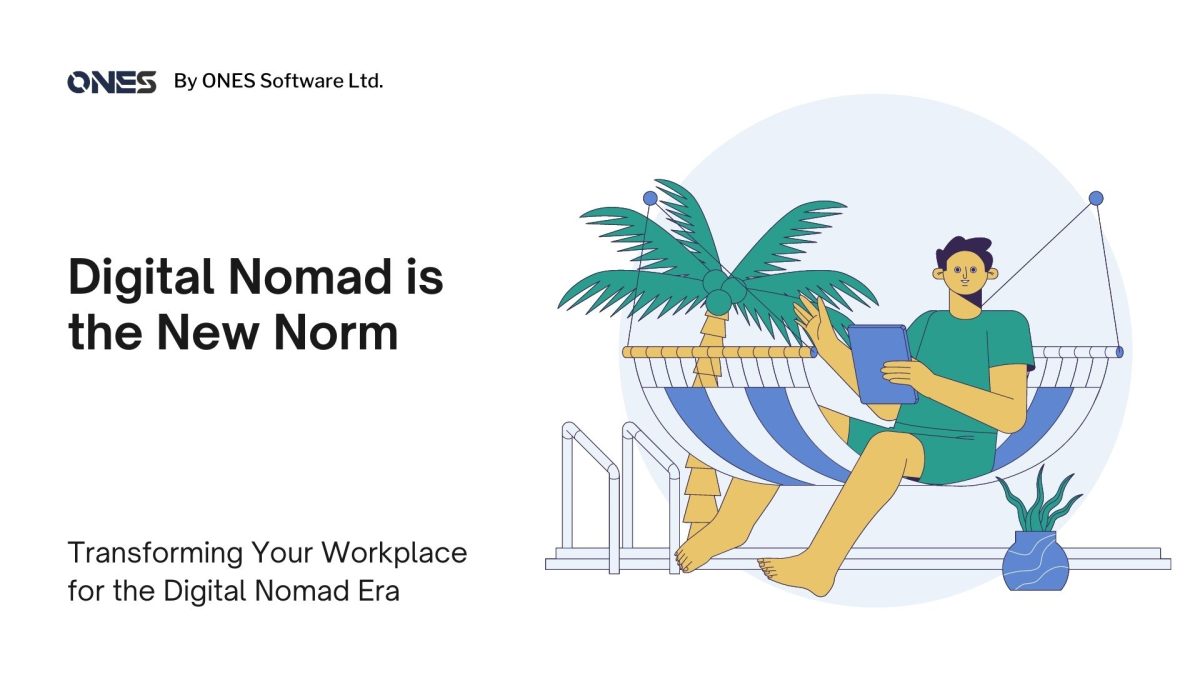The world of work is changing, and one of the biggest trends to emerge in recent years is the rise of the digital nomad. What exactly is a digital nomad? Simply put, it’s someone who uses technology to work remotely, often while traveling the world.
Digital nomads leverage technology to create a location-independent lifestyle, allowing them to travel and work remotely. This lifestyle can involve working from home, coffee shops, co-working spaces, or even exotic locations abroad. Research suggests that 80% of digital nomads prefer to stay in one location for 3-9 months.
According to recent data, this trend is on the rise:
- The number of digital nomads is expected to reach 1 billion by 2035.
- 74% of workers say they would quit their current job for one that offered remote work.
- 90% of employees say that flexibility in their work is important.
So why are so many people choosing to become digital nomads? Research by IWG found that two-thirds of workers believe that being able to choose where they work means they can perform better. There are a few more key reasons:
- Flexibility: Digital nomads have the freedom to work from anywhere in the world, on their own schedule.
- Work-life balance: By working remotely, digital nomads can often achieve a better balance between their work and personal lives.
- Cost savings: Without the need for a traditional office, digital nomads can save money on rent and other expenses.
It’s not just employees who are benefiting from this trend, however. Companies are also seeing the advantages of embracing the digital nomad lifestyle:
- Increased productivity: Studies have shown that remote workers are often more productive than those who work in a traditional office environment.
- Cost savings: By allowing employees to work remotely, companies can save money on office space and other overhead costs.
- Access to a wider talent pool: By offering remote work, companies can attract and retain top talent from around the world.
But how can companies adapt to this trend? One solution is to use a smart office system like ONES. By offering features such as hot desking, virtual collaboration, and real-time communication, ONES can help companies facilitate remote work and collaboration. With ONES, teams can work together seamlessly, no matter where they are in the world.
In conclusion, the rise of the digital nomad is a trend that companies cannot afford to ignore. By embracing remote work and using tools like ONES, companies can not only stay ahead of the curve, but also attract and retain top talent while increasing productivity and reducing costs.
To learn more, schedule a demo today.


